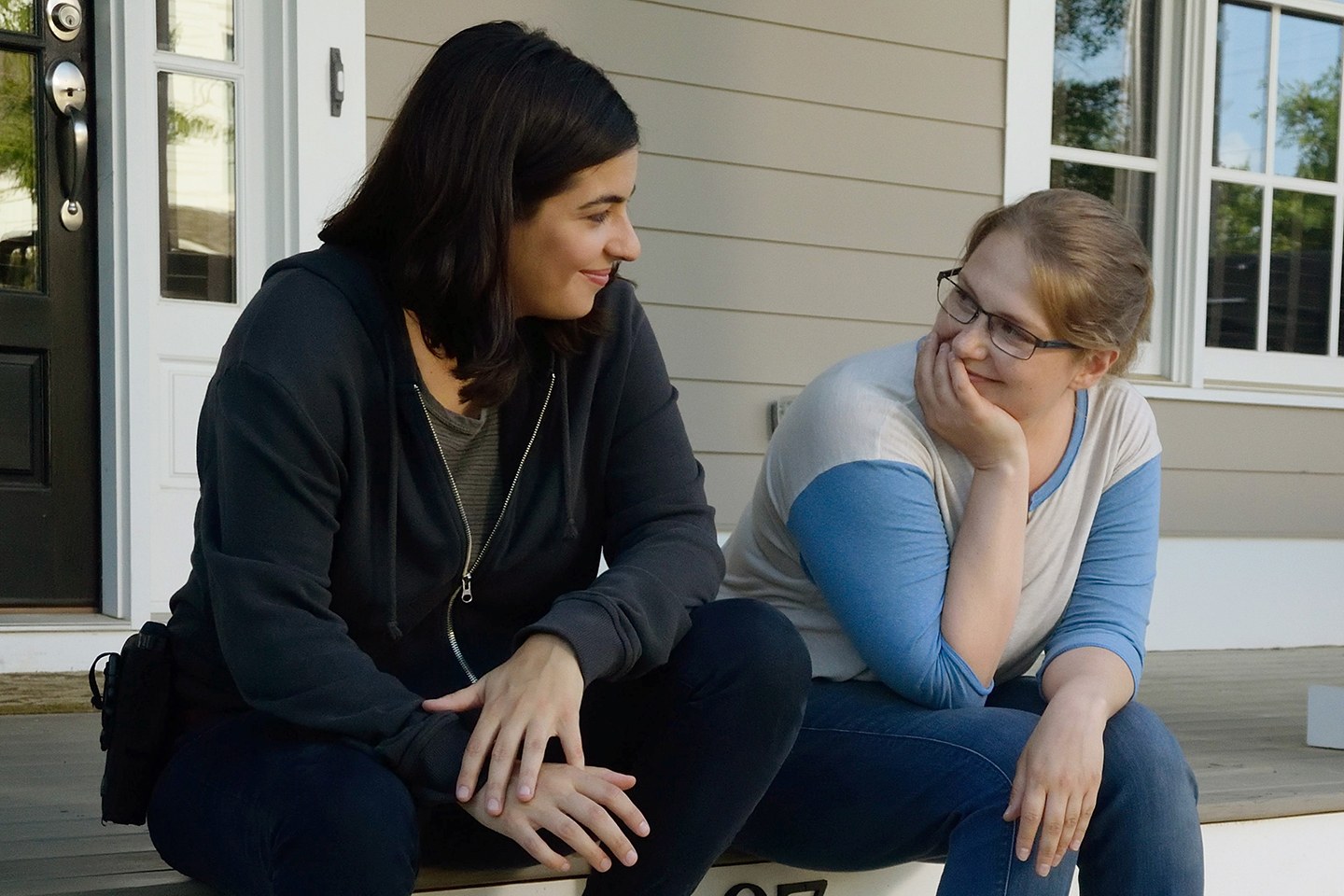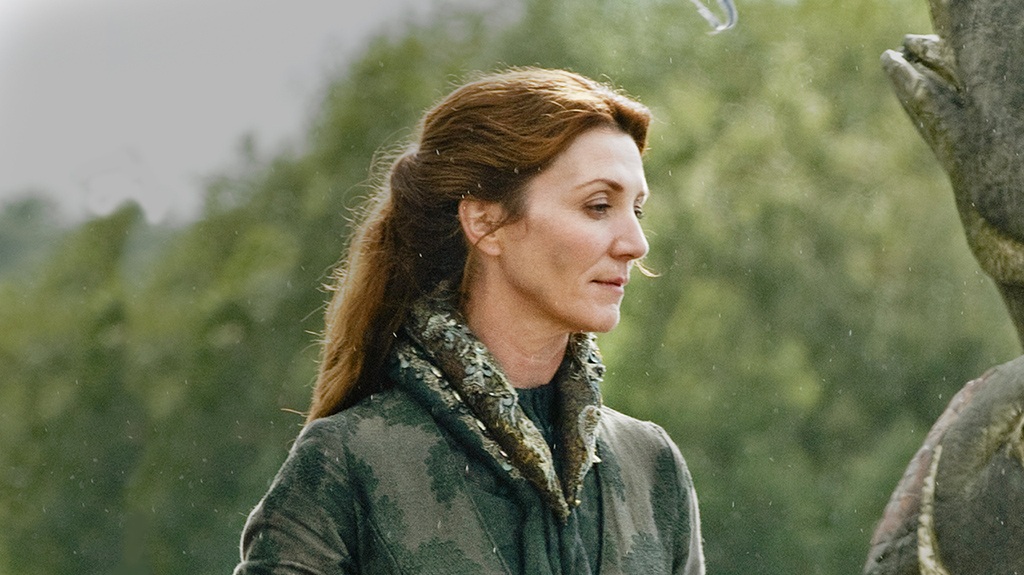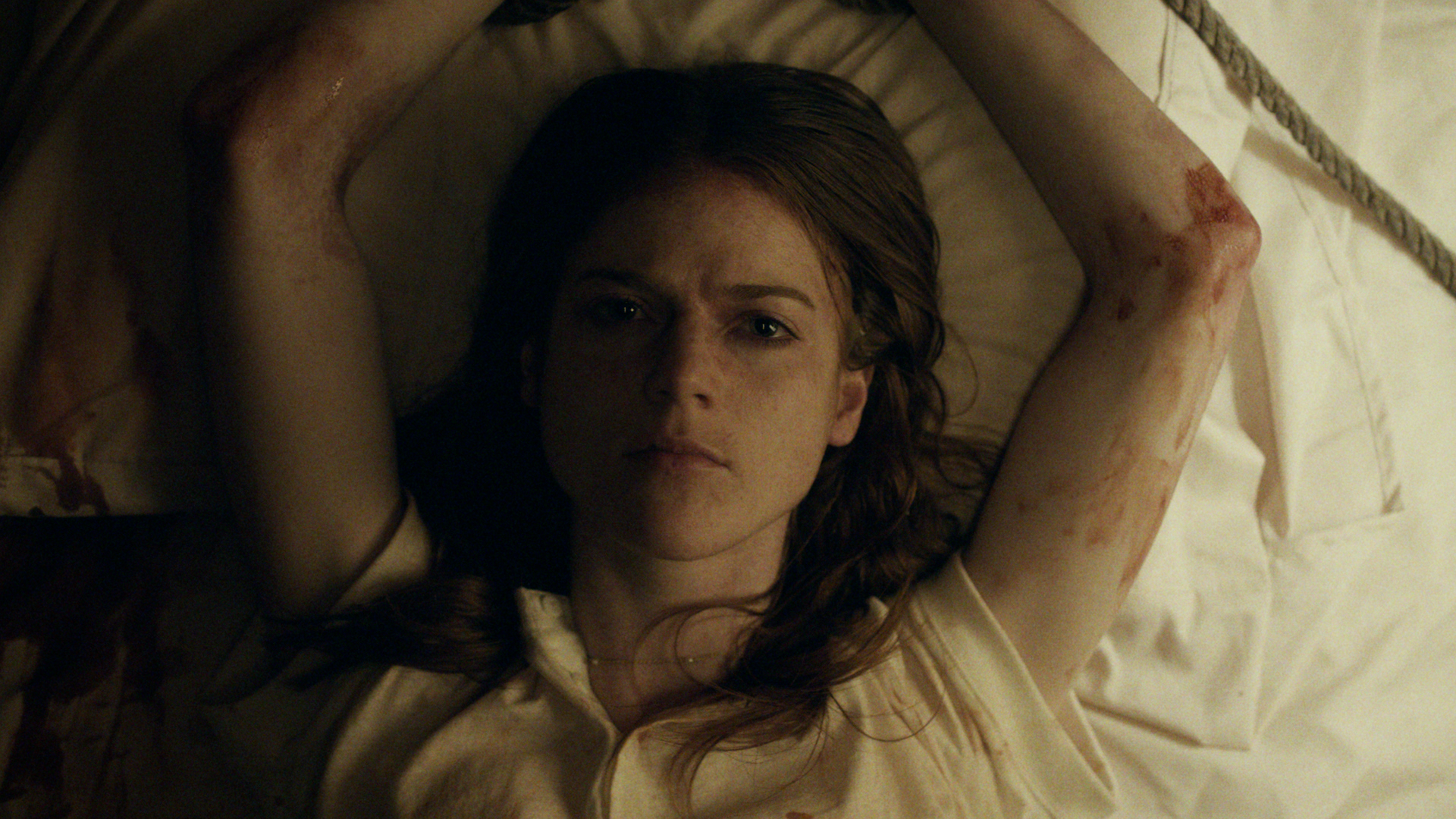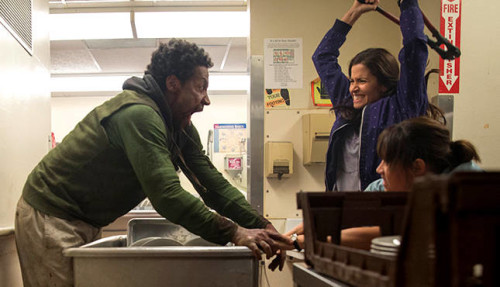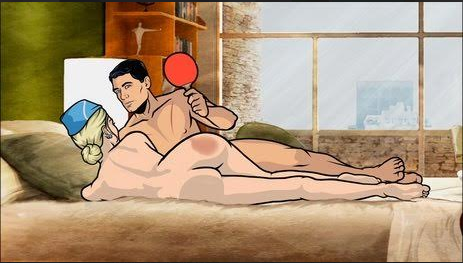We Need to Talk About Tara: ‘The Walking Dead’ and Queer Body Positivity
…To have a relationship like Tara and Denise’s was such a glorious prize. Moreover, in a time where femininity is so ensnared in the constant rhetoric surrounding the sizing of women’s bodies, and fixating on labels and valorizing or castigating a language of weight and body image that completely reduces feminine identity, to have two strong and two queer women feature prominently in a way that refuses to submit to those standards and dialogues is such a boon in so many regards.
